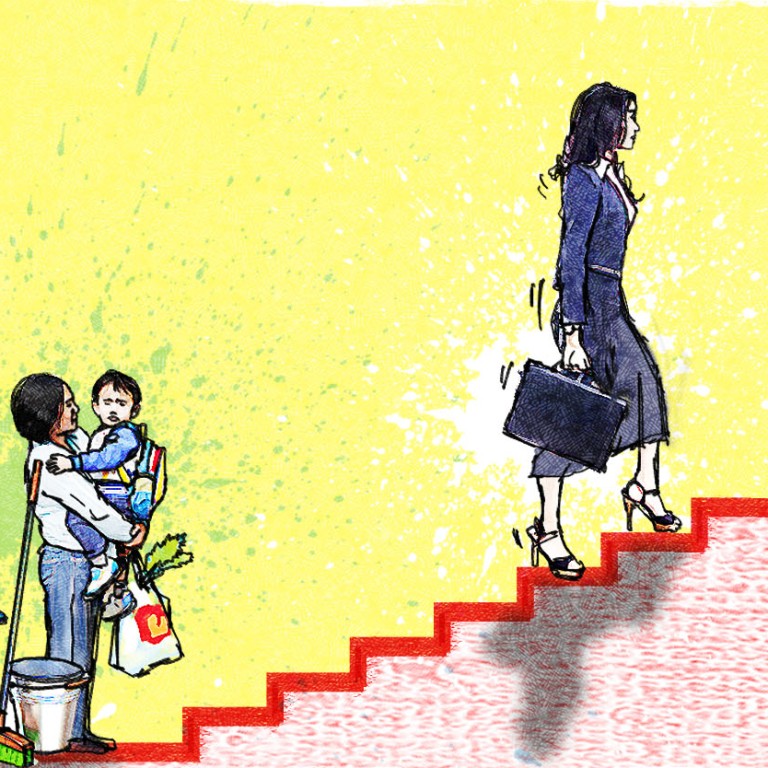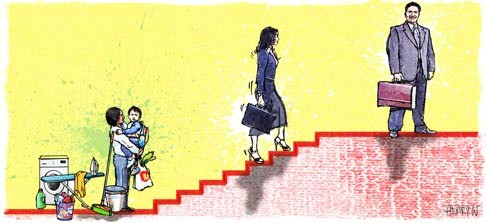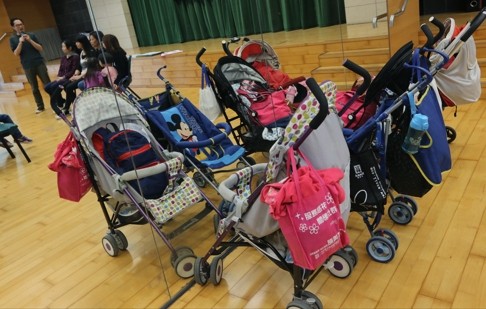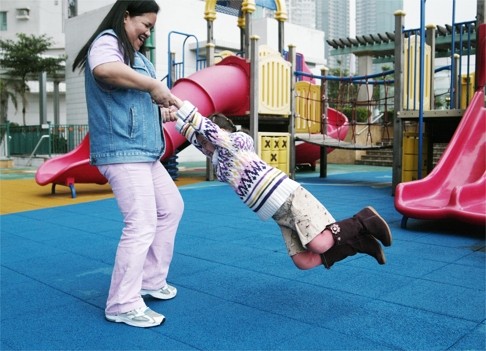
Women’s quest for equality will remain out of reach until we begin to respect the value of domestic work
Farzana Aslam says by undervaluing the running of a household, society is setting the stage for gender inequities and exploitation

The fact that, when children come along, one partner may need to sacrifice his or her career in order to take primary responsibility for care-giving is perhaps inevitable; that it invariably falls to the woman is less so.

Others, who have been out of the workforce for some time, have lost confidence in their ability to rejoin the workforce. On the flip side, I have male friends who define their wives as “stay at home”, “a kept woman” or “not working”.
Why do I have a problem with this? Well, because implicit in this discourse is that the running of a household and the care of young children are viewed as “non-work”. Women undertaking labour such as budgeting, shopping, cleaning, cooking, driving, care of children or other family members are regarded as dependents rather than “workers”. This is a misrepresentation of the contribution that women make to the economy and well-being of the family unit and society as a whole.
According to a recent report published by UN Women, women in all regions of the globe do on average almost 2½ times as much unpaid care and domestic work as men. If paid and unpaid work is combined, women in almost all countries work longer hours than men. Yet, of the world’s 1.3 billion poor, 70 per cent are women. Women earn only 10 per cent of the world’s income and own only 1 per cent of the world’s property.
READ MORE: Money – that’s what Hong Kong women want, survey finds

READ MORE: Gender equality is good not just for the economy, but also society’s overall health
In 2014, the OECD estimated that over the past 50 years, women have decreased their hours of unpaid work as they increased the hours of paid work. While men have increased the time they spend on housework and childcare, this is not to the same extent, so that gender inequalities in the use of time are still large in all OECD countries. By increasing their labour market participation, it appears that women have simply added paid work to their existing unpaid responsibilities.
Domestic work in the home is necessary and socially valuable and ought to be treated, at the very least within public discourse, as economically productive
My point is this – domestic work in the home is necessary and socially valuable and ought to be treated, at the very least within public discourse, as economically productive. That women are regarded as the “natural” primary caregivers is a constructed yet deeply entrenched social norm in most societies across the globe. The consequence of this is that women’s “work” has traditionally been thought of and discussed solely in terms of the workplace; there is little if any talk of the economic value of women’s work in the home. It is not as if a price cannot be placed on this.
In Ann Crittenden’s The Price of Motherhood, the value of domestic services provided by a mother in the US is estimated to be between US$100,000 and US$500,000 a year, depending on whether the measure is the replacement value of the services provided or what the price of paying one individual to provide those services would cost.
READ MORE: Unhelpful husbands a factor in female CEO shortage in Hong Kong

READ MORE: Exposed: Hong Kong’s domestic helpers trapped by loan sharks and employment agencies in debt bondage hell
In Hong Kong, this debate has a unique twist, namely, the fact that there are some 320,000 migrant domestic workers from places such as Indonesia, the Philippines and Bangladesh who provide a source of labour for domestic work. The Hong Kong government has actively encouraged the migration of domestic workers from overseas in order to encourage the increased participation of local Hong Kong women in the labour market.
The uncomfortable truth is that women’s increased participation in the workforce comes at a price; namely, the exploitation of other women from Southeast Asia
This group of workers are colloquially referred to as “helpers” rather than “workers” and are excluded from the operation of Hong Kong’s Minimum Wage Ordinance. They are required by their contract of employment to live in the same household as their employer and must leave Hong Kong within two weeks of the termination of their employment. These conditions of employment do not accord with internationally accepted labour standards, and leave this group of workers vulnerable to exploitation and abuse.
The question that has to be asked is why this group of workers fails to be accorded the same labour protections and status as other workers in Hong Kong.
Could it have something to do with the fact that the work being performed is undervalued in much the same way as most domestic work performed by women in the home?
The uncomfortable truth is that women’s increased participation in the workforce comes at a price; namely, the exploitation of other women from Southeast Asia. What is perhaps less obvious is that this labour market dynamic serves to reinforce and perpetuate gender stereotypes and the sexual division of labour in the home.
We cannot hope to achieve gender equality until we start to respect the economic value of domestic work and the rights of all those who perform it.
Farzana Aslam is principal lecturer at the Faculty of Law, University of Hong Kong, associate director of the Centre for Comparative and Public Law, and chair of the board at Justice Centre Hong Kong
